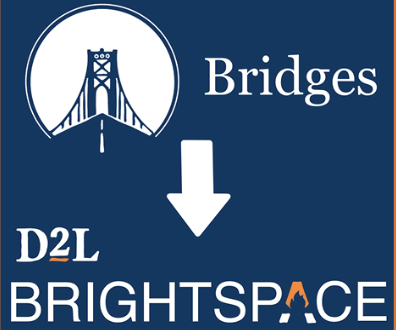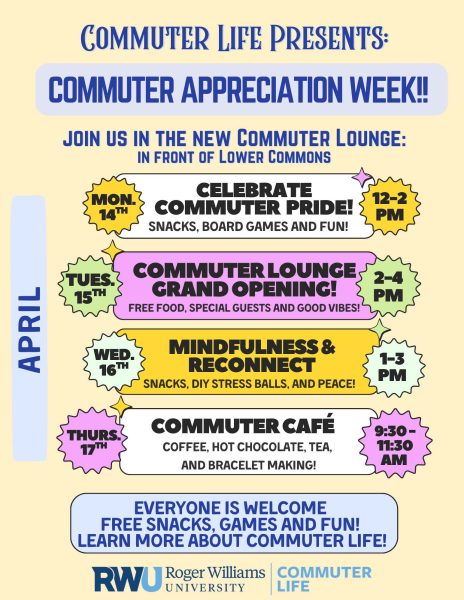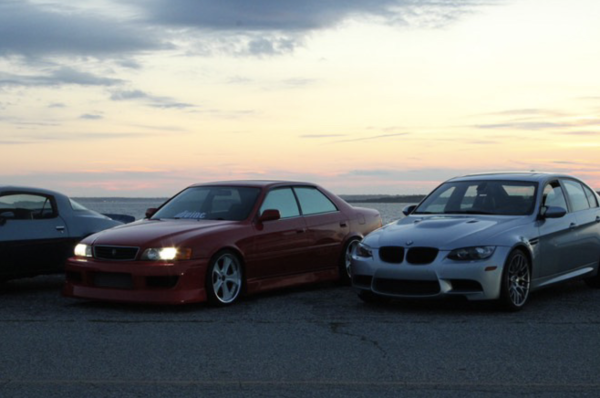SAFE granted trial organization status
It’s not every day that a club on campus begins the process to become an organization; according to junior Jordan Phelan, the chair of the Student Senate Clubs and Organizations Committee, the last time that happened was about eight years ago years with the Multicultural Student Union (MSU).
On Sept. 20, Sexuality Advocacy for Everyone (SAFE) went before the Student Senate Clubs and Organizations Committee for their first trial organization hearing. Despite initial concerns regarding the club’s mission and purpose mirroring that of MSU’s, SAFE was granted trial organization status.
“Over the past couple years, we have noticed that [MSU] has focused on other social justice issues, so after looking at other universities in the Northeast, it became pretty clear that we need to represent these students,” said Phelan on the LGBTQ community. “One way to do that is to promote a club that already focuses on this and does a tremendous job, and give them organization status so that they can do more.”
“Currently, MSU is the only culturally diverse social justice organization on campus, so they’re trying to do it all, which is a lot to take on because different minoritized students have different needs, and trying to encompass and support them all is a lot of weight to bear,” said junior Dani Small, the secretary of SAFE.
“We talked about that and how SAFE is different from MSU in terms of programming and the communities that we support and provide resources for. It doesn’t mean that we’re not intersectional and we don’t support each other, but there’s a difference.”
Being an organization on campus does not mean that a student group is considered more “important” than the clubs on campus. However, as there are only a handful of organizations at Roger Williams University, some would argue that there is a distinct difference in the statuses.
“Essentially, what’s different between an organization and a club is [more programming and a larger budget]. Organizations put on more events because they have more budgeting,” Phelan said.
Phelan continued, “Overall, [organizations] are just a bigger entity that reach the student body as a whole, rather than just one subsection of the student population.”
SAFE hopes to create an organization transition committee of club members to help achieve organization status. The committee already helped SAFE expand their club constitution, organize meeting minutes, and structure meetings. The club members are currently working on a logo, as well as making their name less sexuality-centered and more gender inclusive.
One important aspect of trial organization status is the task of proving that SAFE can not only put on more programming with an unchanged budget, but that these programs will be successful. Fortunately, over the years, more opportunities have arisen to co-sponsor events with LGBTQ Coordinator Gabby Porcaro, Chief Diversity Officer Ame Lambert, MSU, Campus Entertainment Network (CEN), and others.
“We’re trying to co-sponsor as much as we can so that [our events] can be bigger in terms of proportion and scale as well as visibility,” Small said. “People are aware that the work that we’re doing is important work and needs to be done, and they’re trying to support us in any way they can.”
SAFE has been creating new unofficial positions within their eboard for responsibilities such as event programming, outreach, and public relations in the hopes that delegating these tasks will make for a smoother transition into an organization, seeing as many organizations have specific roles assigned to these tasks.
In previous years, SAFE’s traditional programming has included: Coming Out Day, Transgender Day of Remembrance, Pride Week, and Drag Queen Bingo. Over the years, they have increased day-long celebrations to week-long occurrences and strengthened the programming that are able to share with the campus.
“We’re really hoping that we can have the funding to be able to put [larger programs] on and be able to increase the visibility of SAFE,” said sophomore Liz Furtado, the president of SAFE. “It’s important that we increase the visibility of the LGBTQ community on campus and really push that these are important issues to talk about.”
It’s a special moment in SAFE history for the entire eboard as they navigate the complex application process of transitioning from a club to an organization.
“It’s really awesome to kind of see the work that’s being put into it and also seeing the push for all that’s happening,” Furtado added. “I think it’s just amazing for me in my position as well as for the rest of eboard.”
“SAFE is the only student-run [group] fully and specifically geared towards queer LGBTQ and trans students, so it would be a really good opportunity to have more support and backing from the university standpoint to become an org in order to provide more support and have a bigger outreach,” Small said.
After being granted trial organization status, a club must wait three full academic months before appearing before the committee for the final decision. The committee will determine the status of SAFE at some point during the month of March.




